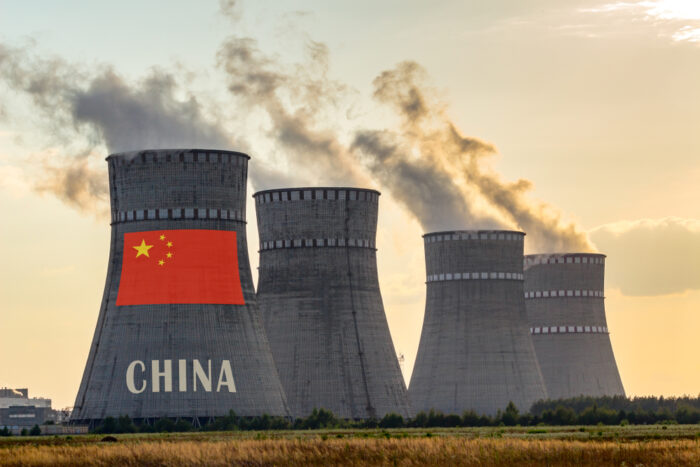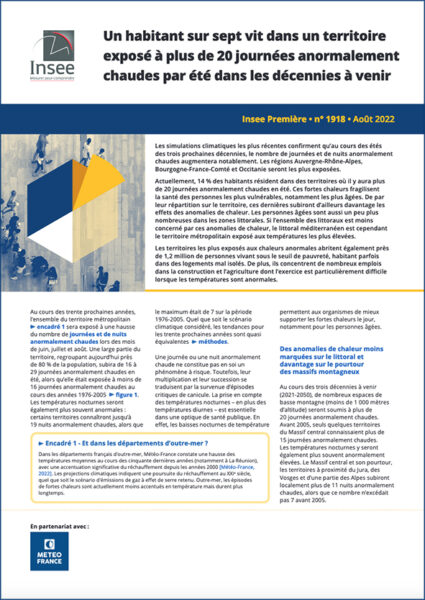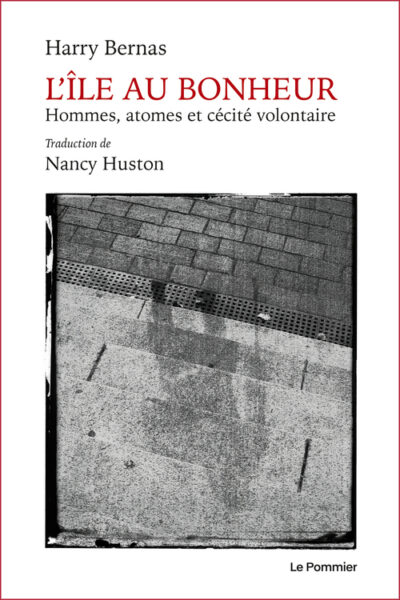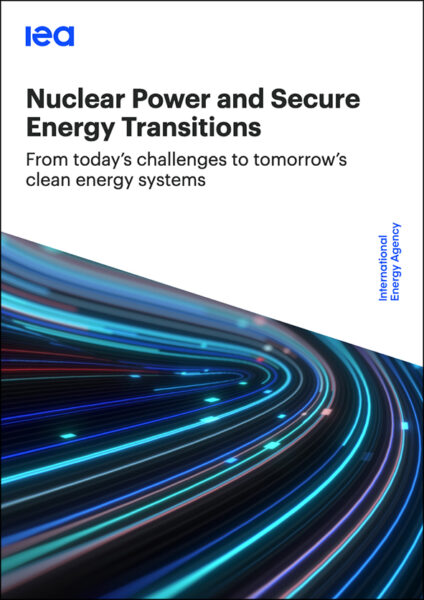John von Neumann (1903-1957) has written little on his view of the future of the world. His contributions to science and technology cover a wide expanse of disciplines, from the mathematical foundations of quantum physics, to game theory applied to economics and to theoretical analysis of automation and numerical machines. Their extraordinary diversity, unified only by a common mathematical rigor and austerity, may explain why this powerful intelligence has not received the same academic recognition or universal notoriety as other thinkers in the field.
In Can We Survive Technology?, a curious mix of rational pessimism and determined optimism, he wrote in June 1955 for the review Future, he points to a global conflict between technological evolution and the survival of humanity. This is by no means a new twist on Malthusianism of the first expression of concern for the destabilization of the planetary environment. Von Neuman’s discourse is not about physical interaction – depletion of resources or global pollution – between the technological system and its planetary environment. It is rather about a total conflict developing between piecemeal geopolitics and the global impacts of technology. The fear of a nuclear holocaust, which has obsessed an entire generation, is doubtless related to this exploration into the risk of self-destruction which technological evolution poses to humanity. But von Neuman’s discourse goes much further. He calls attention to the potential instability on a global scale engendered by interaction between technological development and political systems, between techniques applied globally and local institutions rooted in geography.
To give more weight to his argument, John von Neumann sketches, with unequal success, a scenario of the future evolution of technology. The economic competitiveness of nuclear reactors as a source of energy is correctly evaluated, but its blockage by social reaction and the treatment of waste are not evoked. The domestication of fusion and the control of energy by means other than thermodynamics belong to a future which seems more distant than his vision.
Nuclear alchemy has not been as important as he thought it would be. It has become an important tool of experimentation, but has not penetrated the domain of production without the dangerous accompaniment of nuclear waste.
The spread of calculation and automation based on his solid state technology is undoubtedly the element of this scenario which conforms most closely to present reality. The climatic change which is so important to us was anticipated by von Neumann only in the sense that we might provoke it; he did not anticipate that we might have to cope with climatic change wrought by nature itself.
However, the main interest of this text is not that it is better or worse than others as a scenario. It resides in von Neumann’s identification of a threat the nature and unity of which are still misperceived : a threat of instability brought by the growing incoherence between technological progress and a world both finite and under-organized. It is also a pragmatic reflection on the means by which humanity might survive this conflict.
Pouvons-nous survivre à la technologie ?
Cet article fait partie de la revue Futuribles n° 244, juil.-août 1999



